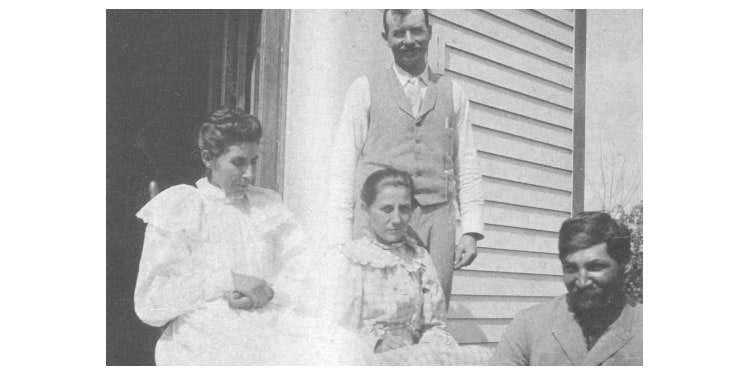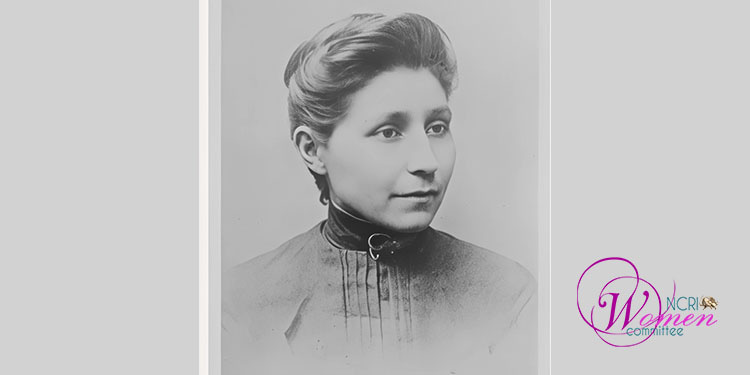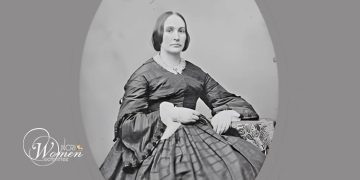Susan LaFlesche Picotte (June 17, 1865 – September 18, 1915) made history as the first Native American woman in the United States to earn a medical degree. Born on the Omaha Reservation in Nebraska, Susan LaFlesche Picotte grew up witnessing the devastating lack of medical care for her community. At just eight years old, she watched an Indigenous woman die because a white doctor refused to treat her. This moment inspired her lifelong mission to bring healthcare and dignity to Native people.
Supported by missionary funding, LaFlesche studied at the Women’s Medical College of Pennsylvania, graduating at the top of her class in 1889. She returned home to the Omaha Reservation, where she became the sole physician for more than 1,300 people across 450 square miles. Often traveling by horse and buggy, she provided care in every condition—from childbirth to contagious disease—while also advocating for public health, sanitation, and temperance.
In 1913, Picotte achieved another milestone: the opening of the Picotte Memorial Hospital in Walthill, Nebraska, the first hospital built on Native land without government support. The facility became a symbol of Indigenous resilience and self-determination.

Susan LaFlesche Picotte’s legacy lives on as a pioneer in medicine and a champion of Native rights. Today, she is remembered not only as a healer but also as a reformer who challenged systemic inequality and proved the transformative power of education and service.
























